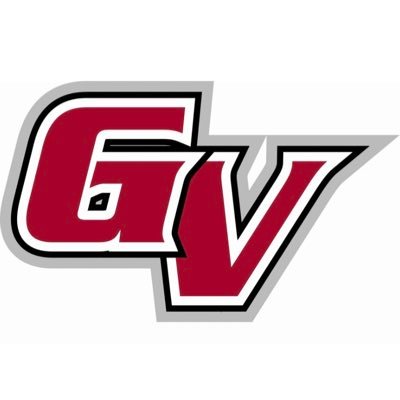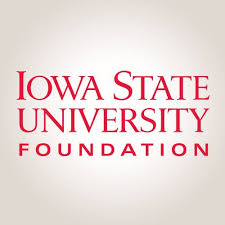Knowledge is leaving

We are beginning to see the Baby Boomer generation of 76 million people leave the work force. Many Boomers have spent an entire career, or a large part of it, with one organization. Many have accumulated a tremendous amount of knowledge about how things work and how to get things done, and have become the “go-to” person for solving problems. In many cases, this important knowledge will be hard to replace, because it was developed during a time of unprecedented technological advances.
I was at an event where a group of us started talking about how long we were in our jobs until we felt very confident in our skills. The group consisted of lawyers, brokers and teachers, and the answer was almost a consensus of about 10 years. Are you better at what you do now than when you started? What would the organization lose if you left now?
David DeLong, author of “Lost Knowledge: Confronting the Threat of an Aging Workforce,” writes that organizations should care about what is being lost as these people walk out the door either voluntarily or when offered incentives to leave. Without this knowledge, organizations are less competitive and could be more vulnerable to all kinds of environmental and economic threats.
Katie Roth, the owner of PorticoHR, told me that record high unemployment has allowed business owners and human resources managers to postpone planning and thinking about the upcoming labor shortage. Though many Baby Boomers are postponing retirement, they are not going to want to work forever.
Many of them are going to take the “institutional memory” of the organization with them. Roth said organizations should take steps now to put processes in place to capture this information. A lot of it will only be captured by finding ways to document nuances about their top clients and how business actually gets done and what special things need to happen to remain productive.
Who is recording the tricks of the trade that employees otherwise can only learn over time by trial and error?
According to DeLong, the five most common practices to preserve and share special knowledge are recorded interviews, training, mentoring, informal networks of employees sharing, and storytelling. At the very least, people should be documenting basic practices that ensure success.
What about asking people to conduct a workshop on the practices that have made them successful? This could be of great benefit to other workers, and it would be a way for departing employees to leave their legacy.
Everyone wins when knowledge and wisdom are passed on. The time is now for organizations to make intentional efforts to retain and protect intellectual capital.
Jann Freed (freedj@central.edu) holds the Mark and Kay De Cook Endowed Chair in Leadership and Character Development at Central College in Pella.











